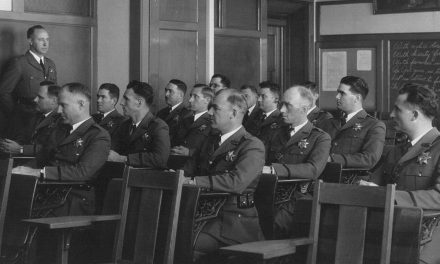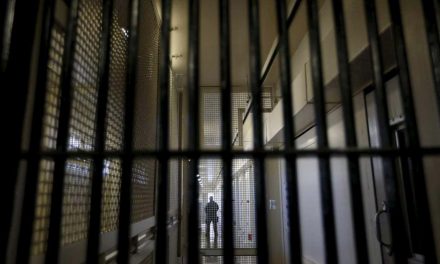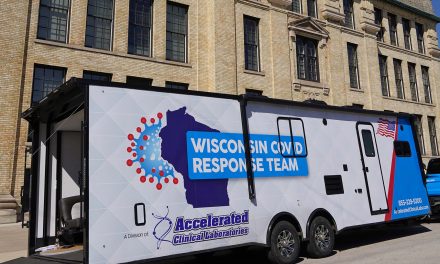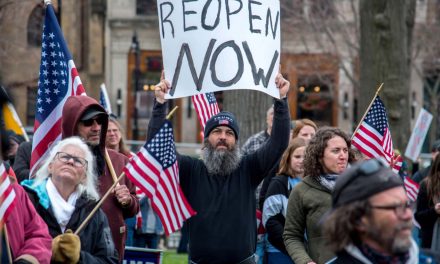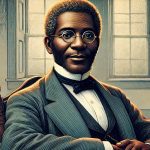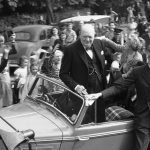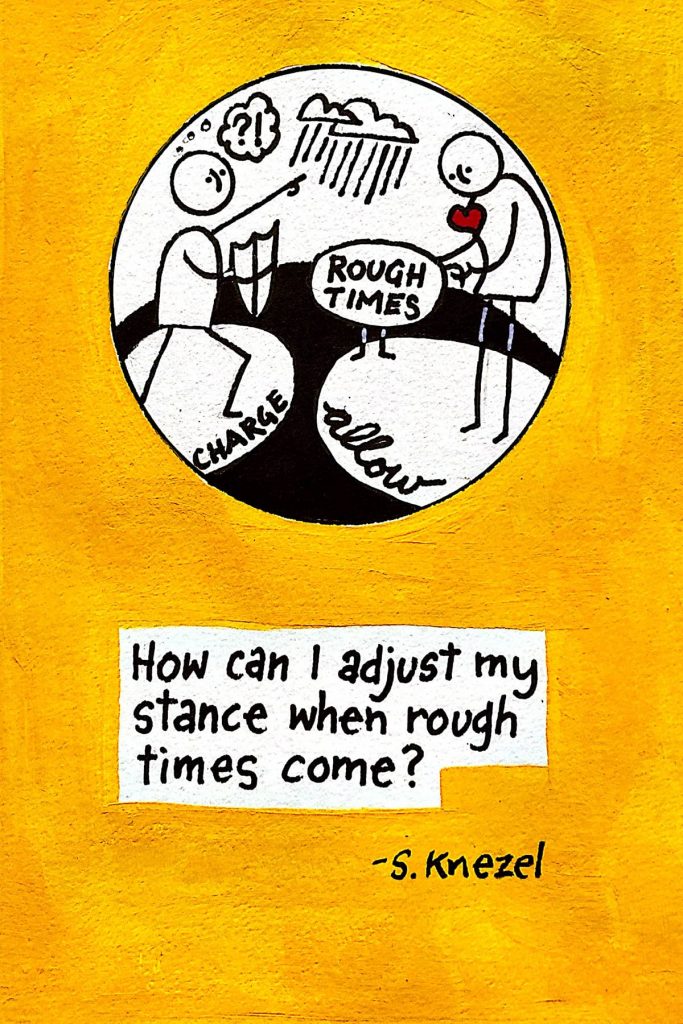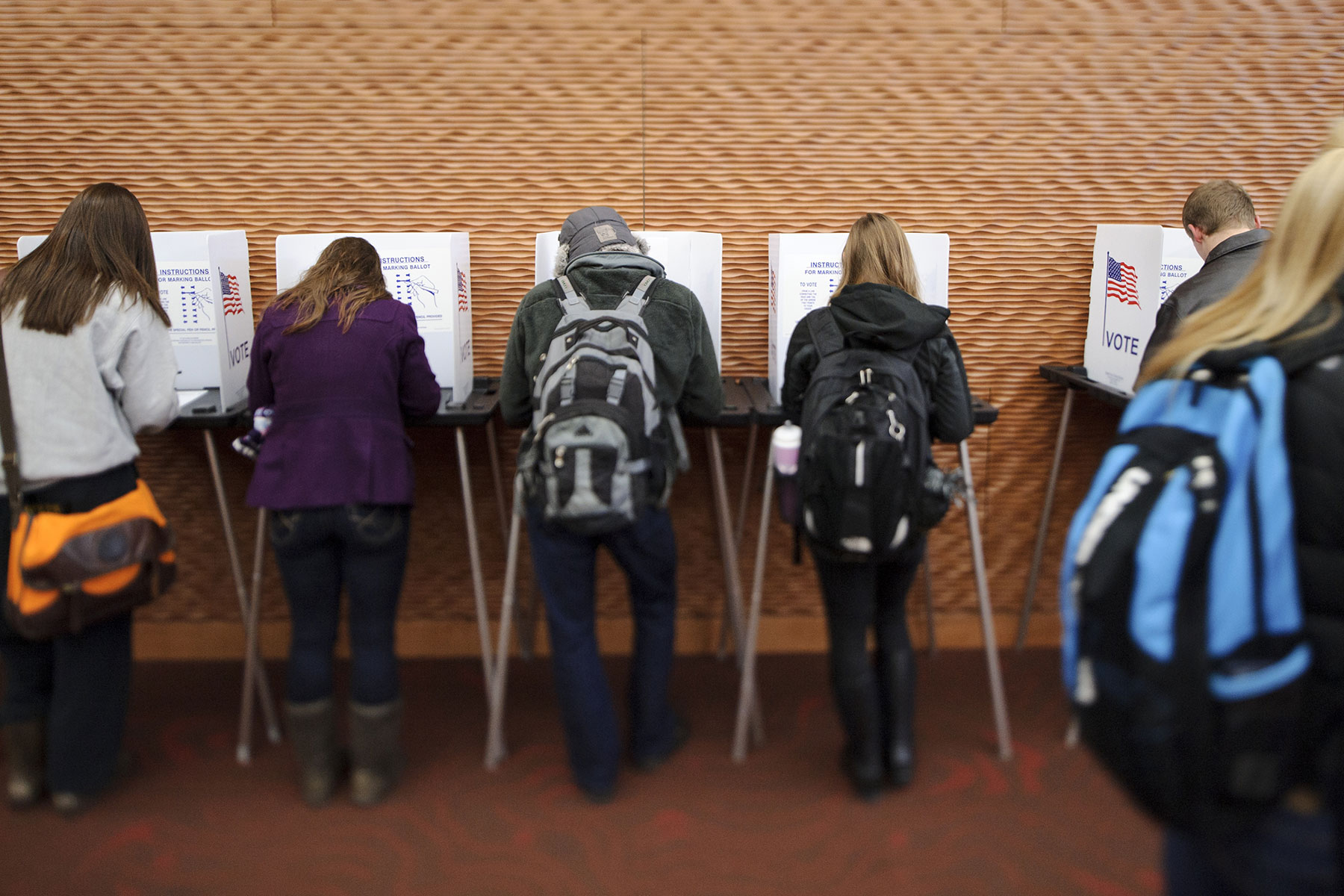
Some of Wisconsin’s rules that made it harder for students to vote were thrown out, but voter ID remains even as campuses provide special cards to comply with the law.
There are many barriers that keep college students away from the polls. They include registration and voting requirements that vary from state to state, difficulty with obtaining the proper ID or proving residency, lack of familiarity with local issues and local candidates and uncertainty about how or where to vote — at home or at school.
Some laws passed over the previous four years, including in Wisconsin, have created even more barriers.
In August, a federal judge in Madison threw out some additional requirements for college students in Wisconsin, including a provision that had barred students from using expired but otherwise qualifying campus IDs for voting.
The trial included testimony that behind closed doors, Republican legislative leaders had discussed trying to suppress college turnout with the voter ID law. But U.S. District Judge James Peterson found the evidence was not enough to “establish discrimination on the basis of age.”
Nevertheless, additional requirements imposed by Wisconsin’s on-again, off-again voter ID law remain in effect for the Nov. 8 election. According to Common Cause in Wisconsin, regular student identification cards issued by just three of the University of Wisconsin System’s 26 campuses and seven of 23 private colleges are considered acceptable forms of ID for voting in the upcoming election.
All UW schools are now offering special voter ID cards, University of Wisconsin System spokeswoman Stephanie Marquis said. To use those campus-issued IDs to vote, students must also provide proof of enrollment.
In addition to campus-issued IDs, students can also vote by using a Wisconsin driver’s license, state-issued ID card, passport, military or tribal ID. Out-of-state students who want to get a Wisconsin driver’s license or ID card will have to surrender their driver’s license or ID card from their home state, said Reid Magney, spokesman for the Wisconsin Elections Commission.
To help students navigate the system, the newly formed Wisconsin Student Power Alliance plans to hire between 18 and 20 organizers on campuses across the state this fall whose first project will be a nonpartisan get-out-the-vote drive, co-director Lamonté Moore said.
Sam VanWees, a UW-Madison graduate student from Des Plaines, Ill., got her special voter ID at the end of August along with her WisCard student ID. Rather than drive back to Illinois or mail in a ballot, VanWees said she likely will vote in Madison for the upcoming election.
College students not active voters
Despite their usually low turnout numbers, college students have the potential to influence elections. There were 17.3 million undergraduate students enrolled in degree-granting postsecondary institutions in 2014, according to the National Center for Education Statistics. Experts predict that population will increase to 19.8 million by 2025.
Yet millennials have the lowest turnout rates of all the generations. Because the majority of college students are under age 25, they make up a significant part of that age group. Some activists charge these young voters are being targeted by some of the recent changes in state voting laws.
“There’s a whole group of states that are trying to make it harder and harder every year to get to the ballots,” said Mike Burns, the national director for nonpartisan Campus Vote Project, which focuses on informing and helping solve student voter issues. “It’s stuff that boils down to a lack of information as opposed to a lack of interest.”
Students must show proof of residency
Burns said a “patchwork” of residency laws and voting requirements often confuses first-time voters.
In 1979, the U.S. Supreme Court affirmed a ruling that holding college students to a different standard of residency than other people or requiring them to swear they will remain in the community after graduation violates the 26th Amendment in the case Symm v. United States.
“You don’t have to say, ‘I intend to return here forever,’ ” Burns said. “You don’t need to know that you’re going to be there after graduation. Because it’s based on people’s subjective intent, it’s squishy.”
Appalachian State University student Rachel Clay served as an election protection field coordinator for a campus program and organized poll watchers. She said she and her poll monitors witnessed students at her North Carolina school who had issues meeting voter residency requirements.
“We also have a lot of people that live on campus, and they weren’t allowing students to use their on-campus address without proof of residency,” Clay said. “And basically, they weren’t accepting anything for proof of residency, so our on-campus students and our on-campus, out-of-state students didn’t know what to do at all.”
While Clay said this was — in part — because the election officials were unaware of the laws, it also was done because “the Board of Elections doesn’t really want students to vote.”
“Our polling officials, they are really not helpful,” Clay said. “They misinform. They lie to students. They scare students away from voting provisionally, and they take really, really long to do everything. So our lines are super duper long, and students just can’t stand in line for two hours.”
Watauga County Board of Elections Director Matthew Snyder said when the issue was investigated in March, there was no “substantiating evidence” to Clay’s claim.
“They did address the issue on the first day of early voting with the poll workers to make sure they followed procedures,” Snyder said. “They found no evidence that workers were impeding the process.”
Voter ID creates new barriers
While more states now require IDs at the polls, many don’t accept student IDs as a valid form. Nine states never accept student IDs. Another 21 states, including Wisconsin, only accept them if they meet certain criteria. Wisconsin also requires student IDs to be accompanied by a proof of enrollment.
Why is this a problem? One University of Michigan study indicated that the number of people getting a driver’s license — the most common form of accepted ID at the polls — has declined. In fact, many in younger generations have said they never plan on getting a license. They’re too busy. It’s too expensive to own a car. They can catch a ride from others, according to another University of Michigan study.
Gunther Peck, an associate professor of public policy studies at Duke University, said North Carolina lawmakers changed the law to exclude student IDs after the youth vote helped propel President Barack Obama into office in 2008.
“The Republicans knew exactly how to suppress votes. That was their intention,” Peck said. “They looked carefully at how they lost in 2008 and found the weak links in that coalition. The law has made it much harder for students to get the proper ID, and there’s several steps they have to go through now to secure what is a constitutional right: the right to vote.”
Peck said he saw this issue come up during this year’s presidential primary when many students had to vote with a provisional ballot because they didn’t have the proper ID. According to the nonprofit Democracy North Carolina, there were 29,000 provisional ballots they fought to have counted in the election.
“To put that in context, that doesn’t sound like a lot, but this state was the closest state in the country the last two election cycles, and the margin of difference in 2008 was 14,000,” Peck said. “So this voting law literally has the impact of flipping a state potentially.”
When the law went into effect, then-North Carolina Republican Party Chairman Claude Pope said in a statement that it would ensure the integrity of the elections.
“Signing this bill into law is just plain common sense,” Pope said. “Proper photo identification is needed to do daily tasks in everyday life such as cashing a bank check or boarding an airplane.”
But on July 29, North Carolina’s voter ID law was struck down by a federal appeals court, which ruled the law violated the Voting Rights Act because it was aimed at suppressing the vote of African-Americans. The U.S. Supreme Court on Aug. 31 rejected an appeal by state officials to overturn that decision, so the state’s voter ID law will not be in effect for the Nov. 8 election.
More steps required under Wisconsin ID law
Sally Rohrer, a sophomore at UW-Madison, said obtaining a valid photo ID for voting can be a hassle. As an in-state student, she can use her Wisconsin driver’s license to vote. But it is a different story for many out-of-state students, who must find other photo identification to present at the polls.
Rohrer told News21 that “is just one extra thing … that might deter someone who is not fully committed to voting already.” She now works as a vote ambassador at the Morgridge Center for Public Service educating students and encouraging them to vote.
Last school year, as a member of the Associated Students of Madison, Rohrer pushed to get UW-Madison administrators to issue new student IDs that would meet the voter ID requirements — to no avail. “They were really adamant about not changing, mostly from our chancellor,” Rohrer said.
In a statement on her blog, UW-Madison Chancellor Rebecca Blank said replacing all students’ existing cards would have been too expensive. The current card has a five-year expiration date; the law calls for no more than two years. The existing card does not have a signature, which the voter ID law requires.
And all of the cards have expensive embedded technology because they are used for a variety of purposes. Blank noted that students who are Wisconsin residents can use their driver’s licenses or other photo ID to vote.
In the end, Blank wrote, the number of students who need a voter ID card is relatively small.
“Experience tells us that — whatever we and others do to encourage voting — a substantial share of students will not choose to vote.”
Elizabeth Campbell
Natalie Griffin, Amber Reece, and Taylor Gilmore contributed to this report.
This report is part of the project titled Voting Wars – Rights | Power | Privilege, produced by the Carnegie-Knight News21 initiative, a national investigative reporting project by top college journalism students across the country and headquartered at the Walter Cronkite School of Journalism and Mass Communication at Arizona State University. For the complete project, visit votingwars.news21.com
The Wisconsin Center for Investigative Journalism distributed and contributed to this report.

